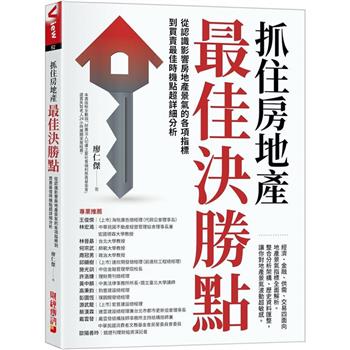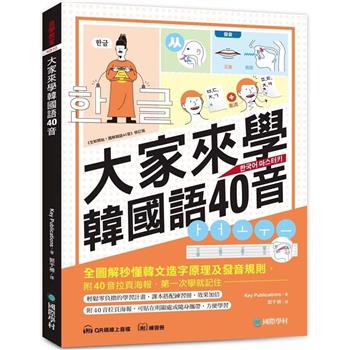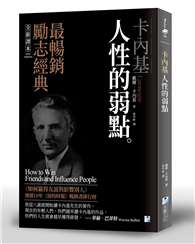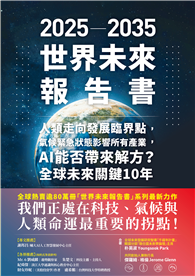This book focuses on the transition faced by business organizations and their stakeholders as they move from protected markets to open competition, and it explores how these changes can be facilitated by outside interveners/agents. The four authors-two from Europe and two from the United States-have worked separately as consultants with leaders of many companies and unions facing these challenges including AT & T, Lucent, Electricite de France and the Italian State Railways (Ferrovie dello Stato). The reader is thus afforded an unusual insight into the process of change in a large organization-not only close up accounts of what happened, but understanding of the relationship between the researcher/consultant and different groups within the organization-senior managers, HR people, unions, and ordinary employees. The book draws lessons from these cases and experiences on a number of different levels: lessons about the methods of intervention in large organizations; about the nature of the organizational transitions as business faces increased competition; about the pressures this places on unions and other stakeholder groups; about the differences between the US and European context; and about possible models for advancing the change process in the future. The analysis finally focuses on the larger set of forces driving all these cases: the transition to a global post-industrial economy. The experience of change in these corporations, from this perspective, illuminates the dynamics of transition between neo-corporatist stakeholder relations and a more pluralist and decentralized system emerging throughout the industrialized world. This unusual book-by a team of highly experienced researchers/consultants-will be of interest to a broad readership of academics, students, consultants, HR professionals interested in the process and management and change and contemporary trends in modern societies.
| FindBook |
有 1 項符合
Agents of Change: Crossing the Post-Industrial Divide的圖書 |
 |
Agents of Change: Crossing the Post-Industrial Divide 作者:Heckscher 出版社:OUP Oxford 出版日期:2003-05-29 語言:英文 規格:平裝 / 392頁 / 23.4 x 16.5 x 1.3 cm / 普通級 |
| 圖書館借閱 |
| 國家圖書館 | 全國圖書書目資訊網 | 國立公共資訊圖書館 | 電子書服務平台 | MetaCat 跨館整合查詢 |
| 臺北市立圖書館 | 新北市立圖書館 | 基隆市公共圖書館 | 桃園市立圖書館 | 新竹縣公共圖書館 |
| 苗栗縣立圖書館 | 臺中市立圖書館 | 彰化縣公共圖書館 | 南投縣文化局 | 雲林縣公共圖書館 |
| 嘉義縣圖書館 | 臺南市立圖書館 | 高雄市立圖書館 | 屏東縣公共圖書館 | 宜蘭縣公共圖書館 |
| 花蓮縣文化局 | 臺東縣文化處 |
|
|
內容簡介
作者簡介
Charles Heckscher is a Professor in the Department of Labor Studies and Employment Relations at Rutgers University. His research focuses on organization change and its consequences for employees and unions, and on the possibilities for more collaborative and democratic forms of work. His books include The New Unionism, The Post-bureaucratic Organization, and White-Collar Blues. Michael Maccoby is an anthropologist, psychoanalyst, and consultant on leadership strategy and organization. He is President of The Maccoby Group in Washington DC and Director of the Project on Technology, Work and Character -- a not-for-profit research organization. He was formerly Director of the Program on Technology, Public Policy and Human Development at the Kennedy Shool, Harvard University. His books include The Gamesman: The New Corporate Leaders (Simon and Schuster 1976) Rafael Ramirez is Professor in the Department of Management and Human Resources, HEC-Paris. He is also Visiting Professor of Scenarios and Corporate Strategy at Shell International in London; Senior Professional, SMG, Stockholm; and Visiting Associate Fellow at Templeton College, University of Oxford. His books include DesigningInteractive Strategy (Wiley) Pierre-Eric Tixier is Professor at the Institut d’Etudes Politiques de Paris, France.
|










